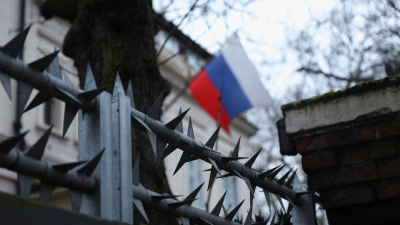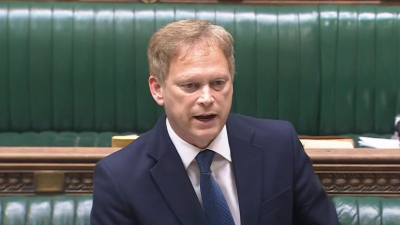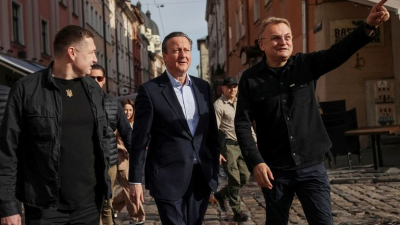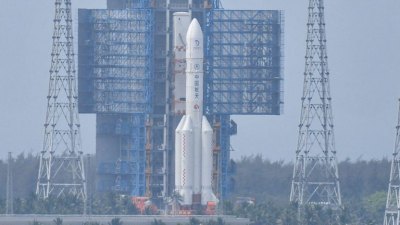Exploring the Ambiguous Impact of WikiLeaks Founder Julian Assange's Vision
As a seasoned journalist reflecting on the tumultuous journey of Julian Assange, I find myself torn between admiration for his audacity and apprehension over the collateral damage left in his wake. Over the past decade, Assange embarked on a mission that promised to reshape the global landscape of information dissemination. Yet, amidst the fervent pursuit of transparency and truth, the question lingers: at what cost?
Assange's ascent to notoriety began with the establishment of WikiLeaks, a platform dedicated to unearthing classified documents and exposing the inner workings of governments and corporations. With unwavering resolve, he championed the principles of free speech and journalistic integrity, positioning himself as a formidable force against institutionalized secrecy and corruption.
However, Assange's crusade was not without controversy. His unapologetic defiance of authority earned him both fervent supporters and vehement critics. The release of classified documents, including sensitive diplomatic cables and military intelligence, sparked international uproar and accusations of endangering lives and compromising national security.
Moreover, Assange's personal conduct further complicated his narrative. As allegations of sexual misconduct surfaced, his image transformed from that of a valiant truth-seeker to a polarizing figure embroiled in legal battles and extradition proceedings. The dichotomy of Assange as a champion of transparency and a fugitive from justice blurred the lines of his legacy, leaving a trail of moral ambiguity in its wake.
Nevertheless, to dismiss Assange's impact as solely divisive would be a disservice to his legacy. The seismic shifts triggered by WikiLeaks reverberated across the globe, catalyzing public discourse on government accountability and the ethics of information dissemination. Whistleblowers found solace in the promise of anonymity offered by the platform, emboldened to expose wrongdoing without fear of retribution.
Furthermore, Assange's extradition saga epitomized the collision between state power and individual rights, igniting debates on the limits of press freedom and the implications of government surveillance. His protracted legal battle became a symbol of resistance against perceived injustices, rallying supporters in defense of journalistic independence and civil liberties.
As we confront the legacy of Julian Assange, we are compelled to reckon with the complexities of his narrative. His vision of a transparent world, unshackled by the constraints of secrecy, resonates with the aspirations of a generation disillusioned by institutional opacity. Yet, the consequences of his actions underscore the inherent tensions between accountability and security, freedom and responsibility.
In the annals of history, Assange will be remembered as a catalyst for change, whose impact transcended the confines of conventional journalism. His legacy serves as a poignant reminder of the enduring struggle for truth in an age of information warfare and ideological polarization. Whether viewed as a visionary trailblazer or a cautionary tale, one thing remains certain: Julian Assange's imprint on the world is indelible, leaving an indelible mark on the fabric of our collective conscience.
Navigating the Legacy of Julian Assange
In the intricate tapestry of Julian Assange's legacy, there are no easy conclusions. His journey from a maverick whistleblower to a controversial figurehead has sparked fierce debate and profound introspection. As we sift through the complexities of his narrative, it becomes apparent that Assange's impact transcends the confines of traditional journalism.
At its core, Assange's mission was rooted in the pursuit of truth and accountability, challenging the status quo and exposing the underbelly of power. Yet, the means by which he pursued these ideals sparked ethical dilemmas and legal quagmires, underscoring the inherent tensions between transparency and security.
As we reflect on Assange's tumultuous decade, we are reminded of the enduring struggle for freedom of information and the perennial quest for justice. His legacy serves as a cautionary tale, urging us to tread carefully in the pursuit of truth, mindful of the unintended consequences that may ensue.
Ultimately, the legacy of Julian Assange is a testament to the complexities of our modern era—a world defined by interconnectedness and information overload. Whether hailed as a visionary or vilified as a renegade, Assange's imprint on the world is undeniable, leaving an indelible mark on the landscape of journalism and activism.
As we navigate the uncertain terrain of the digital age, let us heed the lessons of Assange's legacy, grappling with the ethical dilemmas and moral ambiguities that lie at the heart of our quest for truth. In doing so, we honor not only the legacy of Julian Assange but also the enduring ideals of transparency, accountability, and justice for which he so fervently fought.






